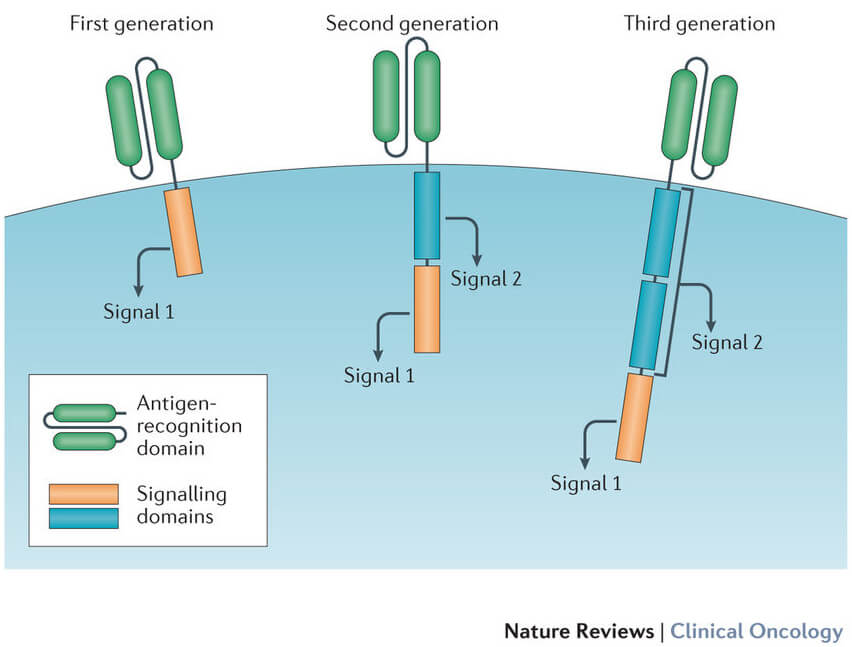The recent approvals of chimeric antigen receptor t-cell (CART) therapy for commercial use has triggered renewed interest in both the immune-biology and molecular details of how cancers evade the immune system, but also generally the utility of “Synthetic Cell Biology” in “live therapeutics”.  I like to distinguish “live therapeutics” from those that aren’t alive in terms of the complexity. And given the idea of a cell as the smallest unit of life, this is all the more interesting. The “poison”, “burn” and “kill” strategy of the magic bullet (Paul Ehrlich) has a long and effective history. However, for cancer which is a multifactorial non-communicable disease, this paradigm has perhaps been superseded by an approach based on our understanding of the biology, and our ability to manipulate endogeneous functions. While ImmunoTherapeutics (1) are already showing promising results, my own interest is piqued by our ability to convert a molecular understanding of immune cell molecular biology to modify our own cells (2).
I like to distinguish “live therapeutics” from those that aren’t alive in terms of the complexity. And given the idea of a cell as the smallest unit of life, this is all the more interesting. The “poison”, “burn” and “kill” strategy of the magic bullet (Paul Ehrlich) has a long and effective history. However, for cancer which is a multifactorial non-communicable disease, this paradigm has perhaps been superseded by an approach based on our understanding of the biology, and our ability to manipulate endogeneous functions. While ImmunoTherapeutics (1) are already showing promising results, my own interest is piqued by our ability to convert a molecular understanding of immune cell molecular biology to modify our own cells (2).
REFEFERENCES:
1) https://www.cancer.gov/publications/dictionaries/cancer-terms/def/immune-checkpoint-inhibitor
2) https://www.cancer.gov/about-cancer/treatment/research/car-t-cells#living-drug
